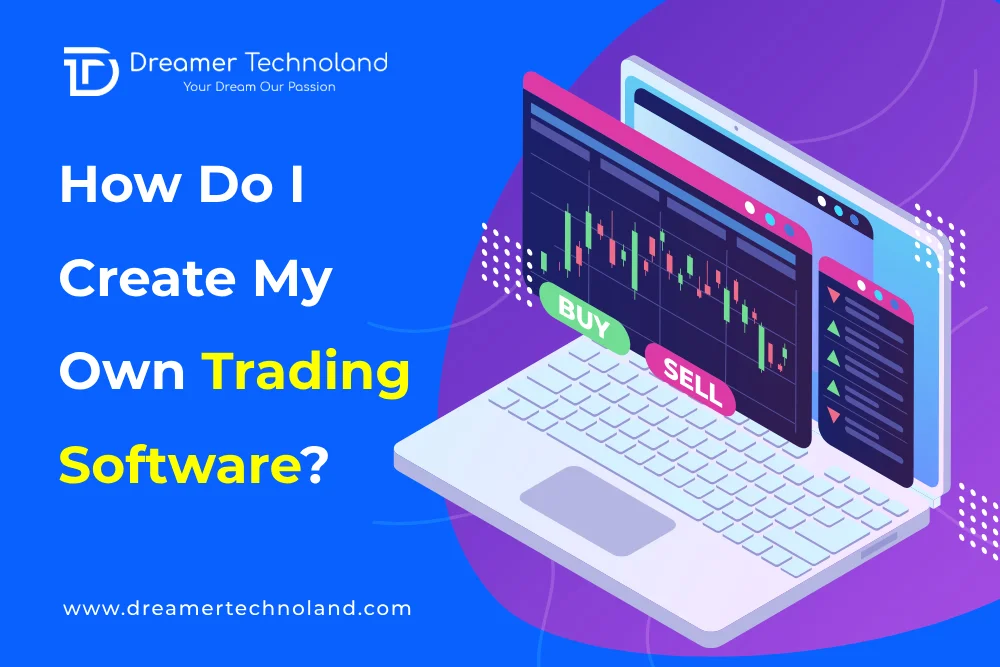The financial trading industry has evolved rapidly, with the rise of online trading platforms enabling both individual investors and institutional traders to access global markets in real time. As demand for advanced, user-friendly, and customizable trading experiences grows, many financial institutions and entrepreneurs are considering building a custom trading platform tailored to their unique needs and business models. A custom trading platform is designed to cater to specific market segments, incorporate specialized features, and offer enhanced control over key factors such as security, user experience, and regulatory compliance. In this article, we’ll explore the key benefits of custom trading platform development, the essential features it should include, and how to ensure its success.
Why Build a Custom Trading Platform?
Custom trading platforms offer many advantages over off-the-shelf solutions. While there are many white-label trading platforms available, they often come with limitations in terms of flexibility, scalability, and the ability to integrate unique features that your business might require. Here are the key reasons to consider building a custom trading platform:
- Tailored to Your Business NeedsEvery trading business has its unique requirements, whether it’s a niche asset class, a specific client segment, or special compliance regulations. With a custom platform, you can design the interface, functionality, and features specifically for your target audience. This flexibility allows you to differentiate your platform in a competitive market, offering a more personalized experience for traders.
- Scalability and FlexibilityAs your trading business grows, your platform needs to scale along with it. Custom trading platforms offer the flexibility to expand and evolve based on changing market dynamics and customer needs. With a tailored solution, you can ensure that your platform can handle increased volumes of trades, new asset classes, and emerging technologies without the limitations imposed by generic off-the-shelf platforms.
- Enhanced Security and ComplianceSecurity and regulatory compliance are paramount in the trading world. With a custom platform, you can implement state-of-the-art security features and integrate compliance controls that meet the regulatory standards of your target markets (such as the SEC in the U.S., FCA in the UK, or ESMA in Europe). Custom trading platforms development allow for advanced encryption, multi-factor authentication (MFA), anti-money laundering (AML) protocols, and more. You have complete control over the security framework, ensuring that your users’ data is protected from breaches, fraud, and cyberattacks.
Key Features of a Custom Trading Platform
To ensure the success of your custom trading platform, it’s important to integrate a set of core features that meet both trader and regulatory requirements. Here are the key features that you can ask from trading platform development company:
Order Management System (OMS)
An order management system (OMS) is at the heart of any trading platform. It helps traders place, modify, and track orders across multiple exchanges or asset classes. A well-designed OMS should support both market orders and limit orders, as well as stop-loss orders, and allow for order routing across different markets.
Real-Time Data Feeds
To trade effectively, users need access to real-time market data. This includes live prices, news feeds, market depth, and technical indicators. Custom platforms can integrate data feeds from various sources, ensuring that traders have accurate and up-to-date information at all times.
Trading Algorithms and Automation
Advanced traders often use algorithmic trading to execute complex strategies that would be impossible to perform manually. Custom trading platforms can incorporate algorithmic trading features, such as automated trading bots, back testing environments, and strategy creation tools.
Conclusion
Building a custom trading platform is a complex but highly rewarding endeavor that offers numerous benefits, including complete control over functionality, enhanced security, and the ability to deliver a tailored user experience. With the right features and a focus on performance, scalability, and security, you can create a platform that stands out in a competitive market and meets the unique needs of your users. Whether you’re launching a platform for retail investors, institutional clients, or a niche market, building a custom trading platform can be the key to gaining a competitive edge, boosting profitability, and ensuring long-term success. Consult with a web application development service provider to know about the potential a trading platform holds and start building it for a competitive edge in the evolving market.
